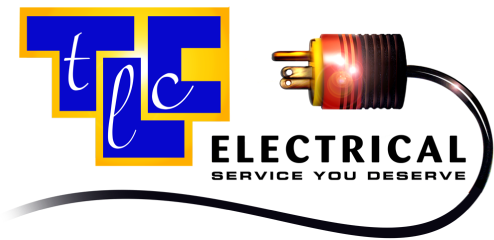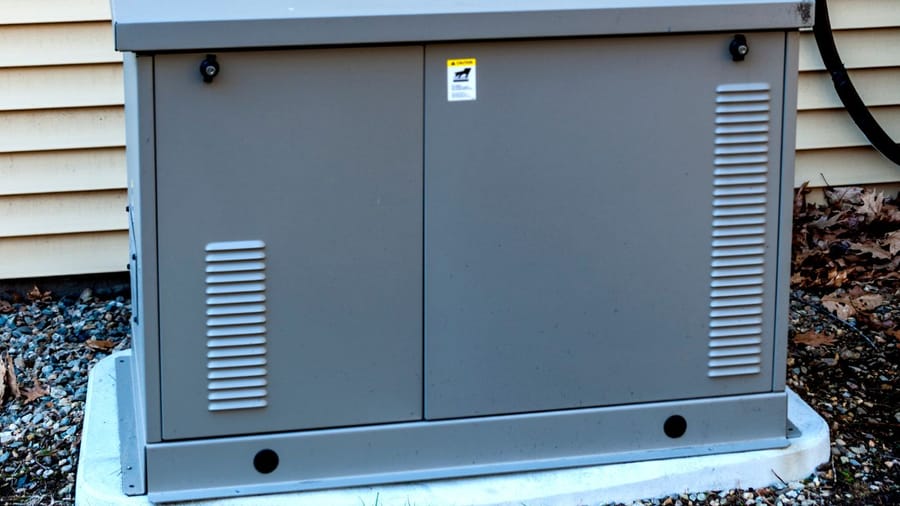
Choosing the Right Generator for Your Southlake Home: Portable vs. Backup Generators
Power outages are a reality for homeowners in Southlake and across North Texas. Between unpredictable storms, heavy rain, lightning, and extreme summer heat, the electrical grid can be pushed to its limits. When the power goes out, even for a few hours, daily life can come to a standstill. Food spoils, air conditioning stops, and essential home systems shut down.
That is why so many homeowners are investing in generators to protect their homes and families. However, not all generators are created equal. Portable generators and backup generators each serve a unique purpose, but they differ in reliability, safety, and performance. Understanding the strengths and weaknesses of each helps Southlake homeowners choose the right power solution for their property.
Why Generators Are Essential for Southlake and North Texas Homes
Living in North Texas means preparing for severe weather and unpredictable conditions. Sudden thunderstorms, high winds, and ice storms can all trigger electrical outages that last from minutes to days. Even short disruptions can cause major inconvenience, while longer ones can impact health and safety.
A generator provides a bridge between utility power loss and restoration. It keeps your essential systems running, including lights, refrigerators, HVAC units, and medical equipment. For families in Southlake, having a generator is not a luxury. It is a form of protection against the challenges of extreme Texas weather.
More homeowners today are exploring both portable generators and whole-home backup systems as part of their storm readiness plans. The key is knowing which type aligns best with your lifestyle and budget.
What Is a Portable Generator?
A portable generator is a small, gasoline-powered or dual-fuel machine that provides temporary electricity during an outage. These units are available at most hardware and home improvement stores, making them accessible and affordable for many households.
Portable generators typically feature standard household outlets and can power select appliances such as refrigerators, fans, lights, and mobile chargers. They are a practical choice for short-term emergencies, camping trips, or powering outdoor tools.
However, their convenience comes with limitations. Understanding what a portable generator can and cannot do is crucial before relying on it for extended power outages.
Portable generators do have certain advantages:
- Affordability: Portable generators cost significantly less than whole-home backup systems. For many Southlake homeowners, this makes them an attractive entry-level option for emergency preparedness.
- Flexibility: They can be moved from one location to another, used for camping, tailgating, or outdoor work, and stored easily when not in use.
- Quick Setup: When a storm hits, you can take your portable generator out of storage, fill it with fuel, and power essential devices within minutes.
- Availability: Because they are widely sold, portable generators are easy to purchase locally in North Texas, especially before storm season.
However, portable generators also come with several limitations:
- Limited Power Output: Portable units cannot power an entire home. They are best suited for essential items, not for running central air conditioning systems or all major appliances at once.
- Manual Operation: These generators require manual setup every time an outage occurs. You must start the unit, connect extension cords, and monitor its operation.
- Fuel Management: Portable generators run on gasoline or propane, meaning they must be refueled every few hours. During long power outages, securing fuel can become difficult.
- Safety Risks: Improper use can lead to carbon monoxide poisoning. Generators should always be operated outdoors and away from windows, doors, and vents.
- Noise and Maintenance: Portable generators are loud and require regular maintenance, including oil changes and fuel stabilization.
For homeowners in Southlake who experience only occasional outages lasting a few hours, a portable generator can be a suitable temporary solution. However, for families seeking consistent and long-term protection, a backup generator provides a more reliable safeguard.
What Is a Backup Generator?
A backup generator, also known as a standby generator, is a permanently installed system that connects directly to your home’s electrical panel. It runs on natural gas or propane and turns on automatically the moment a power outage occurs.
Backup generators are designed to power the entire home, including HVAC systems, kitchen appliances, lighting, medical devices, and security systems. Once installed, they require minimal maintenance and provide uninterrupted comfort and safety during extended outages.
For Southlake homeowners who experience frequent or prolonged outages, a backup generator offers unmatched reliability and convenience.
Backup generators have several benefits, including:
- Automatic Operation: Unlike portable units, a standby generator activates automatically within seconds of an outage. There is no need for manual setup or refueling.
- Whole-Home Power: Backup generators can run everything from air conditioning to kitchen appliances, keeping your home fully functional during blackouts.
- Long-Term Reliability: Because they connect to a continuous fuel source such as natural gas, these systems can operate for days or even weeks without interruption.
- Quiet and Safe: Standby generators are housed in weather-resistant enclosures and operate much more quietly than portable models. They also produce lower emissions and are installed away from living areas for added safety.
- Increased Property Value: Installing a backup generator can increase your home’s value and appeal to potential buyers, especially in regions like North Texas where storms are common.
Considerations for Installation and Investment
Backup generators require professional installation by a licensed electrician. The process includes evaluating your home’s electrical load, selecting the correct generator size, and ensuring safe fuel line connections.
While the initial cost is higher than that of a portable unit, the long-term benefits are substantial. A properly installed generator can last 15 to 20 years with regular maintenance. Many homeowners also choose to install whole-home surge protection during generator setup to protect sensitive electronics when power is restored.
When evaluating your investment, consider not only the cost of the equipment but also the peace of mind and convenience that come with seamless operation during emergencies. In a region where temperatures regularly exceed 100 degrees, maintaining air conditioning and refrigeration is not just about comfort. It is about safety and quality of life.
Which Type of Generator Is Right for Your Home?
The choice between a portable and a backup generator depends on several factors, including your household needs, budget, and outage frequency.
Choose a Portable Generator if:
- You experience only occasional outages lasting a few hours
- You need a budget-friendly solution
- You are comfortable managing fuel and setup
- You only plan to power essential appliances
Choose a Backup Generator if:
- You want automatic, uninterrupted power
- You experience frequent or long-term outages
- You want to power your entire home, including HVAC systems
- You value convenience, safety, and long-term reliability
In many cases, homeowners start with a portable generator for short-term coverage and eventually upgrade to a standby system for permanent protection.
Preparing for Storm Season in Southlake
North Texas weather can shift from calm to chaotic in minutes. Preparing ahead of storm season is essential. Make sure you have fuel, extension cords rated for outdoor use, and a clear understanding of generator safety before storms arrive.
For homeowners investing in a backup generator, it is wise to schedule installation well before peak storm months. Professional electricians can assess your power needs, recommend the right system, and ensure compliance with local safety codes.
Partner with TLC Electrical for Expert Generator Solutions
At TLC Electrical, we understand that generators are about more than convenience. They represent safety, comfort, and security for your family. Our licensed electricians have years of experience installing both portable generator transfer switches and standby backup generators throughout Southlake and the surrounding North Texas communities.
We provide complete solutions that include system design, professional installation, surge protection, and ongoing maintenance. Whether you are looking for a compact portable generator setup or a fully automated backup system, TLC Electrical can help you choose the right equipment for your home and budget.
Stay Ready with a Reliable Power Solution
Power outages will always be part of life in Texas, but losing electricity does not have to mean losing comfort. By understanding your options and investing in the right generator, you can keep your home running smoothly no matter what the weather brings.
If you are ready to explore generator installation in Southlake or want expert guidance on the best portable and backup generators for your home, contact TLC Electrical today. Our team is here to help you protect your family, your home, and your peace of mind with safe and dependable power solutions.
Frequently Asked Questions About Portable and Backup Generators
How long can a portable generator run before it needs refueling?
Most portable generators can run for 8 to 12 hours on a full tank of fuel, depending on their size, efficiency, and load. Running them at lower capacity extends runtime, while heavy use shortens it. Always allow the generator to cool before refueling to prevent fire hazards.
Can a portable generator power my entire home?
No. Portable generators are designed to power essential appliances only, such as refrigerators, lights, or small electronics. To power your entire home, including HVAC systems and large appliances, a standby or whole-home generator is required.
Do backup generators need regular maintenance?
Yes. Standby generators should receive annual professional maintenance and monthly self-tests to ensure reliability. Routine service includes checking oil levels, testing the battery, inspecting fuel lines, and verifying automatic startup performance.
Will a generator affect my home insurance or resale value?
In many cases, installing a permanent backup generator can increase your home’s value and appeal to buyers, especially in areas prone to power outages. Some insurers may also offer discounts for homes with professional standby systems that enhance safety and security.
What size generator do I need for my home?
Generator size depends on your home’s electrical load and the number of appliances you want to power. A licensed electrician can perform a load calculation to determine the correct capacity. In general, portable units range from 3,000–8,000 watts, while whole-home generators start around 22,000 watts or higher.
Recent News
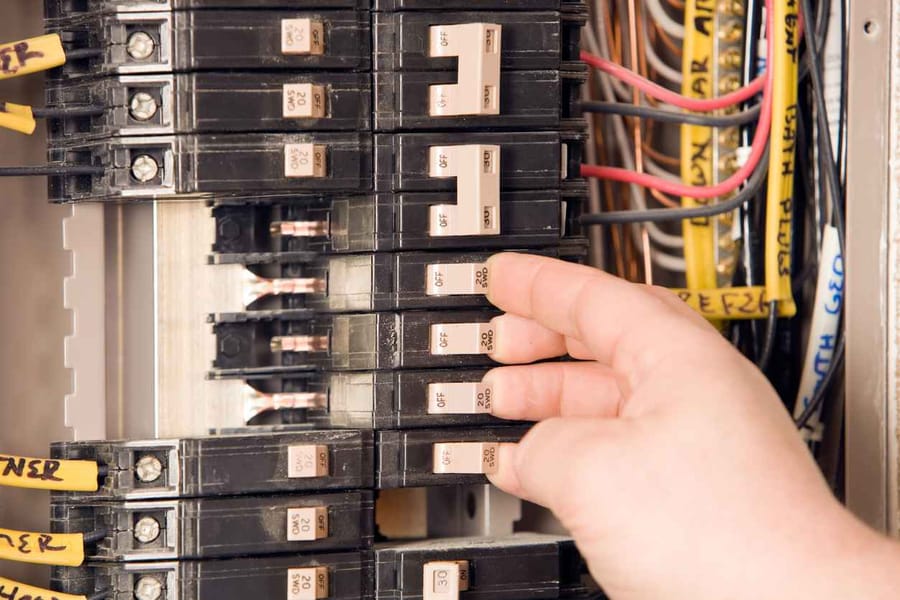
What to Know Before Upgrading Your Electrical Panel in Your DFW Home
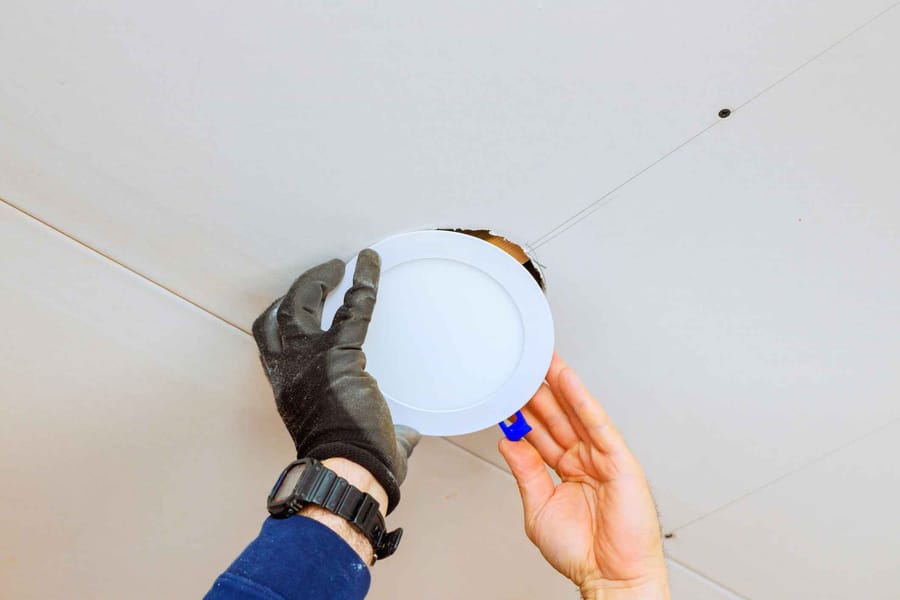
Benefits of Switching to LED Lighting
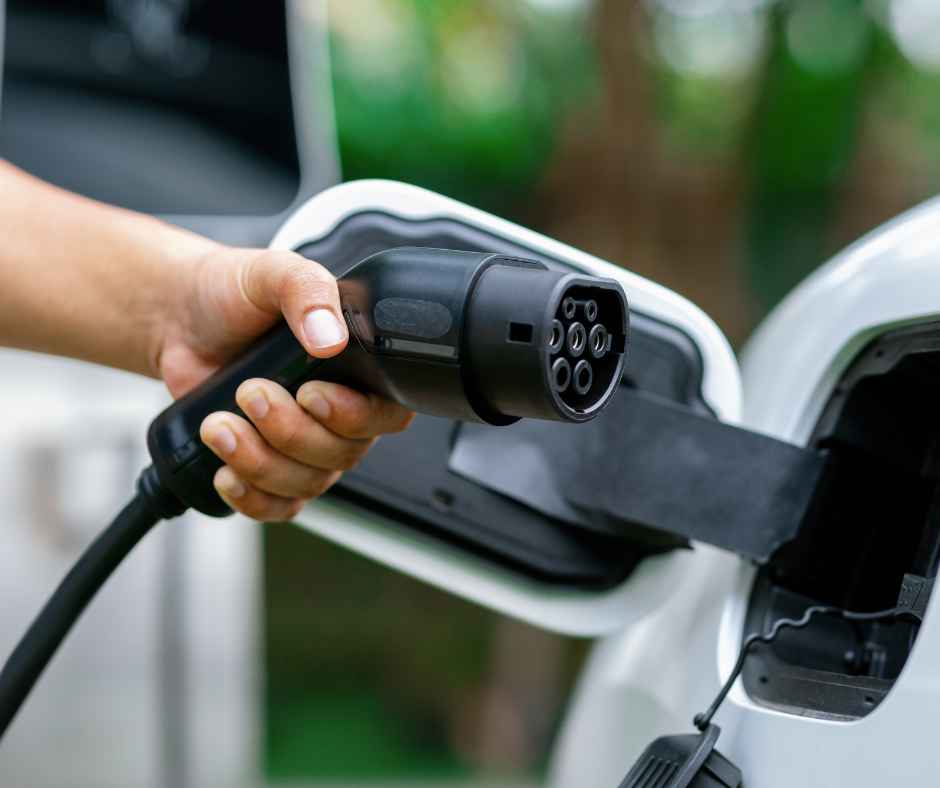
How to Choose the Right EV Charger for Your DFW Home in 2025
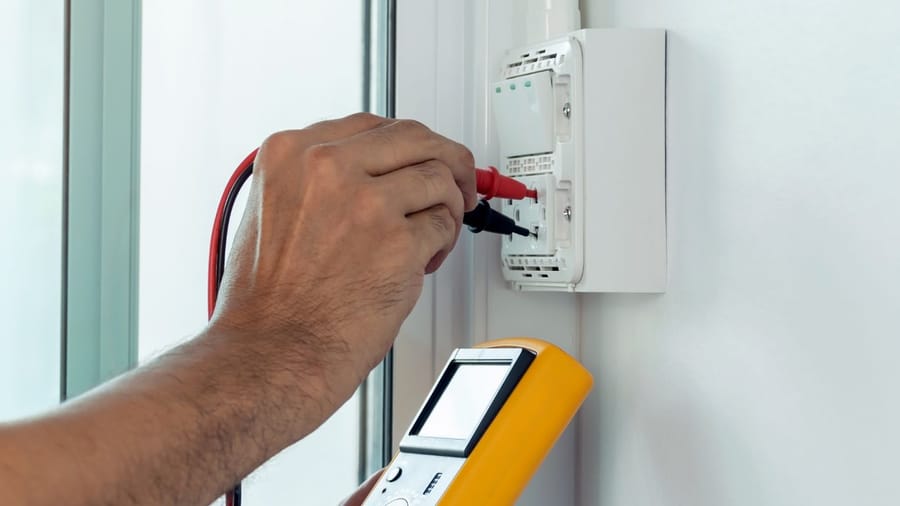
Top 7 Signs Your Fort Worth Home Needs an Electrical Safety Inspection

Preparing Your Electrical System for North Texas Storm Season
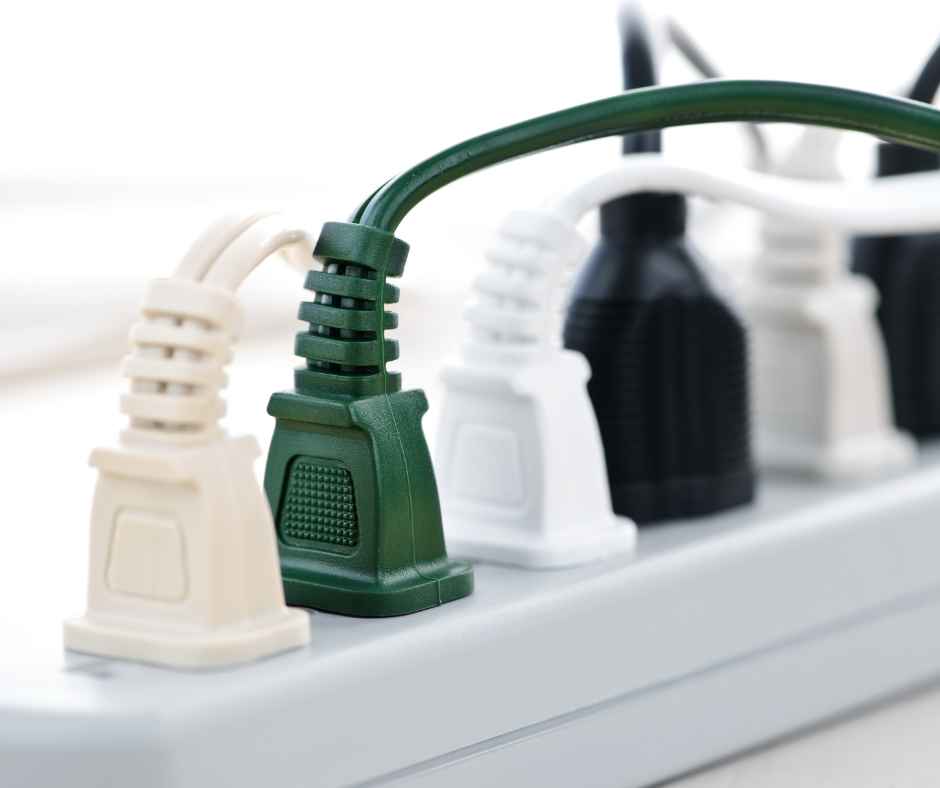
What Is Whole-Home Surge Protection?

